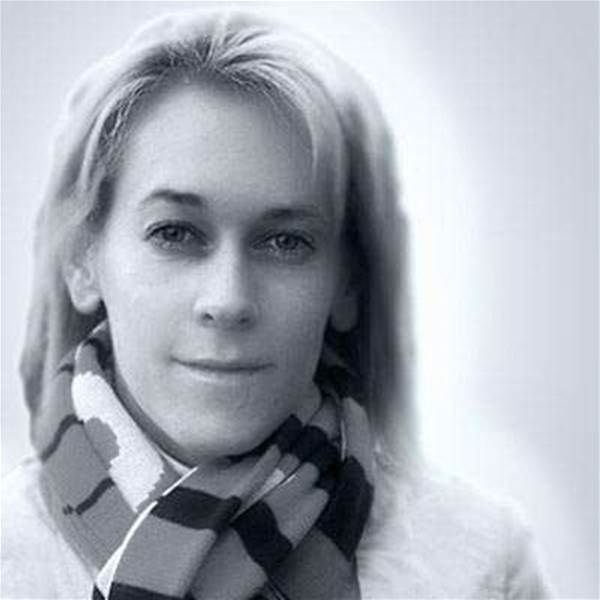Three days into the 2010 Homeless World Cup (HWC) and I've been reminded again that this event defies sound bite-style definition. I spend 10 days at this event annually and 355 other days thinking about it and finding the cash to get myself here, and yet I still can't aptly convey the complexity of issues surrounding the event and the emotions it stirs in me.
The HWC is much more than a football event, and it simultaneously makes me both the happiest and saddest I've ever been. Watching the players on and off the pitch, I learn more about the harsh realities of the world, and of the privileged position I'm in. In one week, the HWC both turns my world upside down and makes it make sense.
The causes of homelessness are as diverse as they are multifaceted. Poverty-stricken countries can barely manage themselves much less provide safety nets for those who are in need of help. Developed nations contend less with poverty but more with drug and alcohol issues and social exclusion. Both are valid. Both are difficult to address.
Arriving here, I learned that two of the players from the 2008 Cameroon women's team, who won an award for their plan to take back their learnings to their community and for whom we genuinely thought things were on the up, have since died of AIDS-related illnesses.
I also learned that the Brazilian government, nervous about its below par humanitarian and environmental records (and increasingly so as we edge closer to the 2014 World Cup and the 2016 Olympics, which will bring with them the fine-tooth comb of international media scrutiny) not only refuses to acknowledge that it has a homeless population, it wanted the word 'homeless' replaced with the completely contrary, obfuscating 'social'.
There are 12 million people—more than half of Australia's population—living in the favelas in Rio, which start just a few blocks back from the street. While enjoying a drink in a bar yesterday, some of my fellow HWCers, including its founder Mel Young, witnessed an armed robbery, replete with guns-blazing getaway and equally zealous police chase with even larger guns and more bullets fired. Sounds exciting when you're not involved in it, but having had to dive under tables to avoid the bullet spray, Young et al were more concerned with the desperate poverty that wracks this town and that forces people to take such extreme action to survive.
The difference between the players, the locals, and me? By pure virtue of my birthplace and my parents, I was lucky.
Palestine is making its first ever HWC appearance, and Young told me that the Palestinian team organisers thought long and hard about which players to select for the team—after all, technically everyone in the disputed territory of Palestine is homeless. In the end, they opted for players from refugee camps, whose lived experiences I can't even begin to comprehend.
Likewise those of the women's team from Uganda, whose homelessness is directly linked to the horrors of the long-running war in the north, and the Cambodians, who are boys the barest age of 16 and who were rescued from sexual slavery.
Yet it's among these depressing realisations that I'm also regularly floored by small gestures and large hope.
One of the players from Finland has only one arm, but my concern for him was completely misplaced. Far from struggling with balance on the pitch, he singlehandedly beat two players, fired a rocket of a cross-goal shot that ricocheted back out of the goal, which he then headed back in just in case the first shot hadn't been considered a goal. I can't do that even with two good arms and legs and was keenly aware that he doesn't need my pity. He needs-and deserves-my respect.
The pride the Palestinian players exudes is palpable, and although I'm acutely aware that my understanding of the issues surrounding their homeland, compounded by their homelessness, I'm also seeing the very human, very humble, and extremely likeable side to an otherwise two-dimensional conflict normally only seen on my TV.
The South Korean team, comprising of older gentlemen made homeless by the recent financial crisis and an entrenched cultural pride and reluctance to ask for help, have taken up the most technically challenged mantle that the 2009 Japanese team held. They've lost games by margins too large to count, but the roar from the crowd when the South Korean goalkeeper saves a shot is explosive and indescribably heartwarming.
And the Irish, firm favourites of mine from way back made me love them just that little bit more yesterday when they took on the half-their-size Cambodians yesterday. Other teams had been pummelling these small boys on their way to double-digit victories, but the Irish paid them enormous respect. They weren't taking pity on the Cambodians and they were, indeed, there to play and win. But they were also measured in their physicality, gave the Cambodians time on the ball, and clapped, cheered, and congratulated them with genuine care when they scored.
We're half way through the event now and the teams are being sorted into divisions based on the preliminary days' results. The South American teams of Brazil, Portugal, Mexico, and Chile are looking particularly strong, as are some of the African teams such as Kenya. I have no idea who'll make it to the final yet, and in truth I'm less concerned with that than with enjoying the football and understanding the larger issues. That and with how to scrape together to find the funding to make it the next three HWCs, which are in Paris (under the Eiffel Tower) in 2011, followed by Mexico and Poland in 2012 and 2013 respectively.












